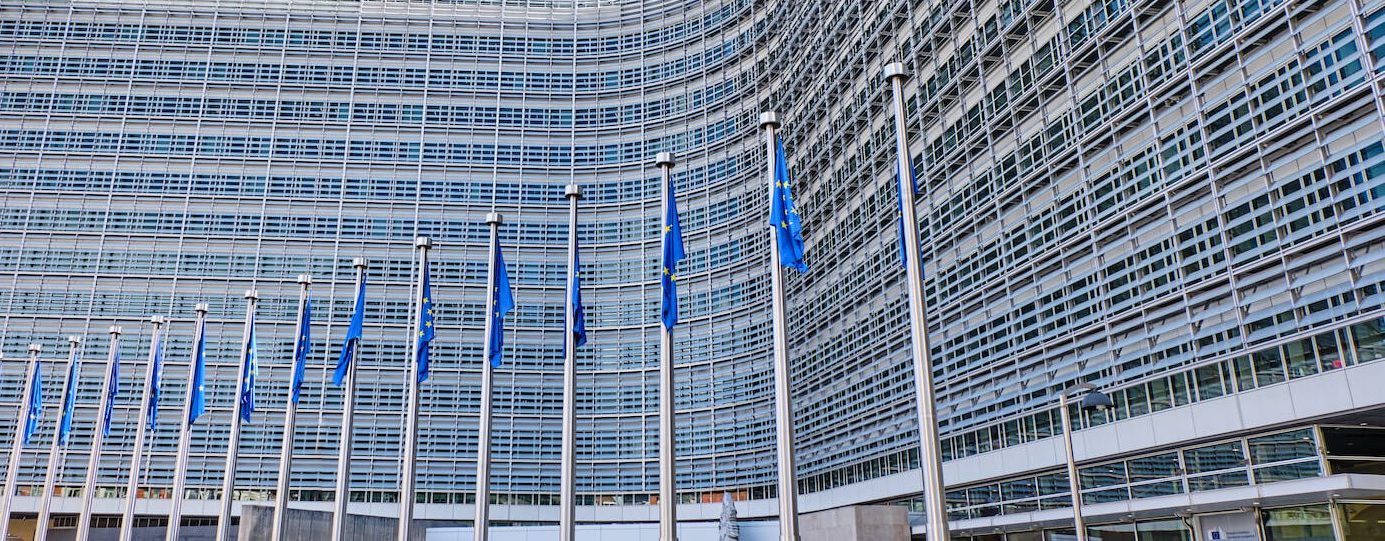Ever since 1995 policymakers, researchers, business leaders, activists and journalists have gathered for the annual end of year climate summit. An opportunity to set the tone for the new year and ensure that climate objectives are on track.
This year public health concerns prevented COP26 from taking place, delaying it to November 2021. However, policymakers are not throwing in the towel when it comes to advancing climate goals, with many countries updating their NDCs and the incumbent US administration vowing to take a leading role as a climate actor.
Notwithstanding the lack of a COP in 2020, leaders have found other ways to convene and discuss climate objectives. On the 12 December, on the fifth anniversary of the Paris accord, the UN, United Kingdom, and France, in partnership with Chile and Italy, co-convened a high-level event to mobilize commitments for addressing the global climate challenge which resulted in 75 countries updating their climate pledges. Although still short of what is needed to meet the Paris agreement objectives it has been heralded as a decisive step in the right direction.
All about the NDCs
The latter half of 2020 has seen a wide array of countries make major improvements to their NDCs. From economic superpowers such as China, that has committed to lower its CO2 emissions per unit of gross domestic product (GDP) by over 65% by 2030 from 2005 levels to the European Union, that has promised to bring down its GHG emissions by at least 55% from 1990 levels by 2030. Not to mention the UK, that has set a goal of reducing GHG emissions at least 68% below 1990 levels by 2030, and Japan and Korea that have also vowed to become carbon neutral by 2050.
🌎 75 world leaders
👏 45 NDCs
💚 24 net zero commitments
💪 20 adaptation & resilience plansLast week at the Climate Ambition Summit, the world came #TogetherForOurPlanet.
Watch our summary video below 👇
Learn more: https://t.co/adV57IiEI3#COP26 | #ClimateAction pic.twitter.com/5eejC1XSuZ
— COP26 (@COP26) December 19, 2020
However, the absence of the US and the failure of major economies such as Brazil, Russia, Indonesia, Saudi Arabia and Mexico to update their commitments in 2020 means that average global temperatures are still on route to warming by around 3ºC above pre-industrial temperatures by 2100. A far greater rise than the Paris agreement’s objective of limiting warming to 1.5-2ºC.
Yet there is a light at the end of the tunnel, not least of which embodied in the prospect of the US returning as a major climate actor, the COVID pandemic having brought science based decision making back into vogue, and recovery packages being linked to sustainable development.
The return of the US
On 4 November, just before Americans set out to vote on their next President, the US officially withdrew from the Paris Agreement, as had been promised by President Donald Trump in the aftermath of his election in 2017.
However, Biden’s victory means that the US will re-join the Paris agreement as soon as he takes office. Biden has promised to support a net-zero-by-2050 target, which, when added to the new European and Chinese pledges, would mean that 45% of global emissions would be cut by 2050.
Biden has been vocal in his climate ambitions and has explicitly linked economic recovery to green recovery: “We’ll do all of this knowing that we have before us an enormous economic opportunity to create jobs and prosperity at home and export clean American-made products around the world […] We’ll elevate the incredible work cities, states and businesses have been doing to help reduce emissions and build a cleaner future. We’ll listen to and engage closely with the activists, including young people, who have continued to sound the alarm and demand change from those in power.”
Meeting the most daunting threats of our time requires American engagement and leadership — but none of them can be solved alone. pic.twitter.com/cfCqvFGEbZ
— Joe Biden (@JoeBiden) December 29, 2020
What is more, analysts suggest that this time the Democrats will work to ensure that the Paris ratification is not so easily reversed by a future Republican presidency. Part of the reason why Trump was able to withdraw from the Paris accord was that Obama couldn’t get it approved by Congress and therefore had to use executive orders, which Trump countered with his own executive orders.
Finally, Biden’s climate commitments are not limited to re-entering climate accords but also about mobilising the financial resources necessary to decarbonize the US, linking development with green ideals. Biden has put forward a 2 trillion USD climate solution investment plan that aims to promote clean energy and jobs.
The return of climate change conferences
After a year in which climate change conferences have been postponed, the prospect of them commencing once again puts further wind in the sails of decarbonization plans. Furthermore, the fact that countries have still managed to coordinate and advance climate goals notwithstanding the delay of the COP26, is a testament to the resilience of climate actors.
Earlier this year we announced the #COP26 Energy Transition Council that I will co-chair w/@COP26 President @AlokSharma_RDG
Our goal? Accelerating the transition from coal to clean #energy in developing countries – supporting both #SDG7 & #ClimateAction: https://t.co/Tf4gHOTSbC pic.twitter.com/syjuUibxkQ
— Damilola Ogunbiyi (@DamilolaSDG7) December 21, 2020
Leading up to the COP26 conference in Glasgow next November member states must ensure that all remaining countries update their commitments and develop credible and detailed plans for achieving emissions reductions in the coming decades.
NDCs represent the cornerstone of the Paris agreement and will determine our future climate. With current NDCs projected to lead to around 3ºC warming, it is paramount that all countries step up their game.
Once again, the return of the US can play a pivotal role in encouraging other countries to jump on the bandwagon and not be left behind. Therefore, the 2021 climate summit in Glasgow will probably be the most important climate summit since Paris in 2015, and a crossroads in determining our future.
Encouraging signs
Not just political will and investments but also a decisive turn by the private sector towards green investments in a variety of sectors. Not to mention he energy transition that is currently underway and which could pick up even more steam in 2021.
And it’s not just oil and gas. The business case for decarbonization is growing and includes examples such as the Science Based Targets initiative (SBTi), which has had its largest ever increase in membership, now reaching almost 1,000 members. Furthermore, major companies such as Apple, the world’s most valuable corporation, have announced plans to implement carbon neutral supply chains and products by 2030.
Volatility in oil prices, mixed with increasingly aggressive legislation that makes fossil fuels less attractive for investors, is driving the transition to a new energy paradigm.
Climate Foresight
With policymakers implementing regulations that encourage corporations to be climate savvy there is hope that 2021 will continue to bring progress in sustainable development. A fundamental part of this is ensuring that the finance world goes green. The Principles for Responsible Investment (PRI), which is the world’s top investor association for sustainable investing, shows a 3.5 times increase since 2019 in climate-related risk disclosures based on the framework of the Task Force on Climate-Related Forces (TCFD).
Once again Europe is trying to lead the way to climate action by engaging in the realm of finance: “by 10 March 2021, a new disclosure regulation applicable to all financial market players will become mandatory as outlined in the European Sustainable Finance Action Plan. With this regulation, ESG concerns will become a central plank for the financial services industry,” explains George Kell in his contribution piece for Forbes magazine.
The return of science
The COVID pandemic has forced global leaders to place greater faith in science-based decision making processes. In an almost unexpected turn of events this has also brought climate issues into the foreground and the linking of COVID recovery packages to climate related goals shows that policymakers have recognised and are trying to seize the unique opportunities that have emerged from these difficult times.
The climate crisis is a global challenge, and the science informing solutions will require global coordination that begins with a strong domestic strategy. If 2020 has come with any lessons, it’s that trust in science makes the difference between incalculable human suffering and a future in which we thrive.
The pandemic has not weakened decarbonization efforts but to the contrary, it has fuelled them. It has brought facts into the foreground, spurred policymakers to rely on science in their decision-making processes and influenced public perceptions of long term risks. Carrying this momentum into 2021 can mark a much-needed turning point in contrasting climate change.






